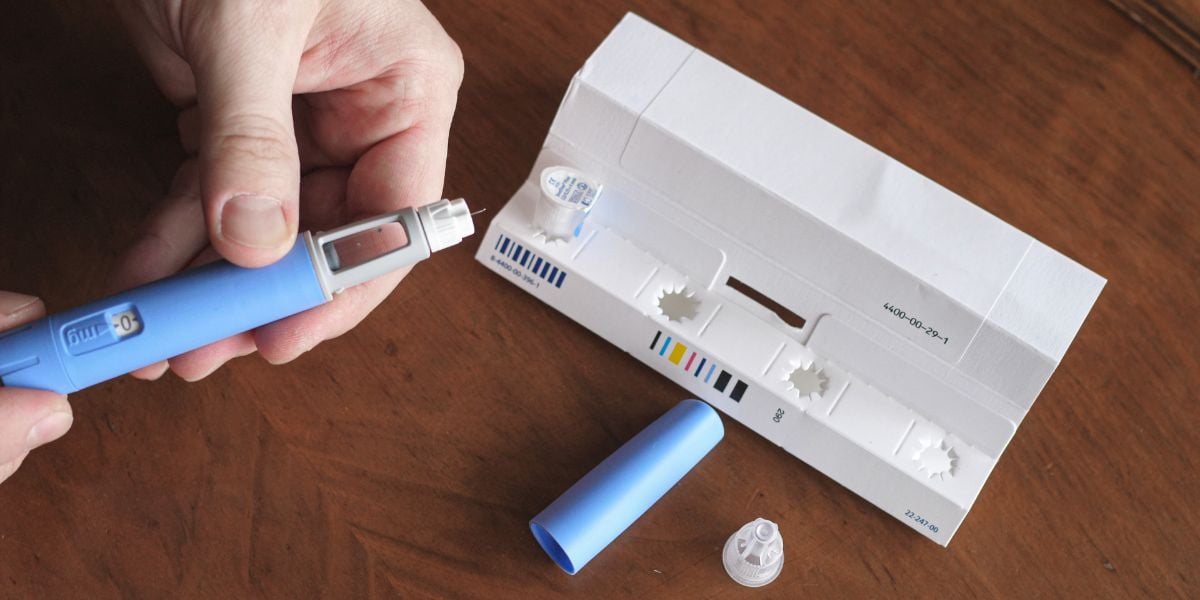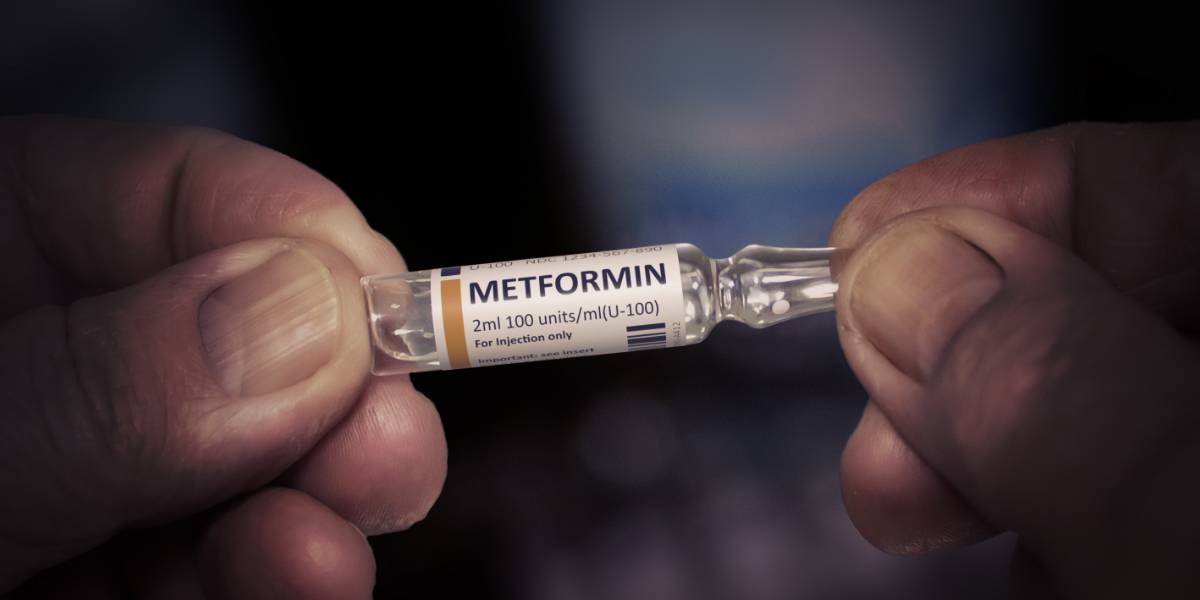Actos (pioglitazone) is a once-daily oral medication for people with type 2 diabetes
Part of the anti-diabetic drug class known as thiazolidinediones, it works by increasing the body’s sensitivity to its own insulin, allowing the hormone to work more effectively at improving blood glucose control.
However, the medicine’s safety has come under intense scrutiny in recent years following studies linking its use with increased cases of bladder cancer
Actos profile
- Trade name: Actos
- Drug name: Pioglitazone
- Drug class: Thiazolidinediones
- Manufacturer: Takeda Pharmaceutical
News about Actos
As mentioned above, Actos has been linked to a significantly increased risk of bladder cancer in various studies. The results of one study published in the May 2012 issue of the British Medical Journal (BMJ) suggest that taking Actos for longer than 12 months may increase the risk of developing bladder cancer by as much as 83%
On April 8, 2014, Takeda were fined $6bn for destroying thousands of documents relating to health data about Actos Takeda’s partner, the pharmaceutical company Eli Lilly, has been fined $3 billion for its part in the cover up.
Mechanism of action
Pioglitazone works by making cells more sensitive to insulin, which is used to regulate the level of glucose in the body. Improving insulin sensitivity (or reducing insulin resistance) makes it easier for sugar (glucose) in the blood to get into the cells.
Who is Actos suitable for?
Actos is intended for adults with type 2 diabetes – particularly overweight diabetic patients – who are unable to control their blood sugar levels through diet and exercise alone or the use of metformin and/or a sulphonylurea.
It is designed to be used alongside a healthy, balanced diet and regular physical activity.
In the UK it is available as a standalone treatment (monotherapy), a dual-oral therapy in combination with metformin, or a triple-oral therapy in combination with metformin and a sulphonylurea.
Actos may also be used in combination with insulin for type 2 diabetics who are unable to control their blood sugars on insulin alone or cannot tolerate meformin.
Who is it not suitable for?
Actos should never be used by diabetic patients who:
- are allergic or sensitive to any of the ingredients in the medicine or other thiazolidinediones
- are in a state of diabetic ketoacidosis
- have a diabetes-related eye problem
- have a heart condition, such as heart attack, or a history of heart problems
- have liver problems
- have bladder cancer or history of bladder cancer
- have polycystic ovary syndrome
- have galactose intolerance
- are prone to fractures
- are elderly or under 18 years of age
- are pregnant or breastfeeding
It is also important to note that Actos is ineffective and possibly harmful in type 1 diabetes
How and when to take Actos
Actos is administered orally with or without food. The drug is available in 15 mg, 30mg and 45mg tablet doses.
The correct dosage set by your prescriber is printed on the pharmacy label, along with instructions on how often take your medicine. You should not change the dose of your medicine unless you are told to do so by your prescriber. It is also important to:
- Avoid sharing your medicine with other people
- Avoid taking extra tablets to compensate for a missed dose
- Test your blood sugar levels regularly and have your A1c tested every 2-3 months
Storage
Actos tablets have a 3-year shelf life and should be stored at room temperature in a tightly closed container where moisture cannot get in.
Actos side effects and safety information
Adverse effects of pioglitazone therapy may include:
- Anaemia
- Back pain
- Blurred vision
- Chest pain
- Cold symptoms such as blocked nose, sneezing, cough or sore throat
- Extreme tiredness
- Fluid retention
- Headache
- Hypoglycemia (taking Actos with insulin increases the risk of low blood sugar)
- Increased hunger or thirst
- Jaundice (yellowing of the skin or eyes)
- Loss of appetite
- Muscle soreness
- Nausea
- Painful urination, urinating more than usual, or bloody urine
- Respiratory tract infection
- Shortness of breath
- Sinusitis
- Stomach pain
- Vision problems
Note, this is not a complete list of side effects and others may occur.
Long-term use of Actos is linked to a number of serious health complications, including heart failure, macular oedema, bone fractures, and bladder cancer. In fact, thousands of lawsuits have been filed by former users who claim that they developed bladder cancer or suffered from heart problems after taking the drug for their type 2 diabetes.
What to do in the event of an overdose
In case of an overdose, you should seek emergency medical attention. You may experience symptoms of hypoglycemia.
Drug interactions
Actos can be taken in combination with some other medicines. Your GP may decide to combine drugs that interact if they believe that the benefits of taking those medications together outweigh the potential risks.
The types of medicine that may interact with Actos and should therefore not be used in conjunction with the diabetes drug include:
- Chemotherapy agents
- Cytochrome P450 enzyme inducers & enzyme inhibitors
- Sulphonylureas
Actos is not known to interact with food or alcohol







